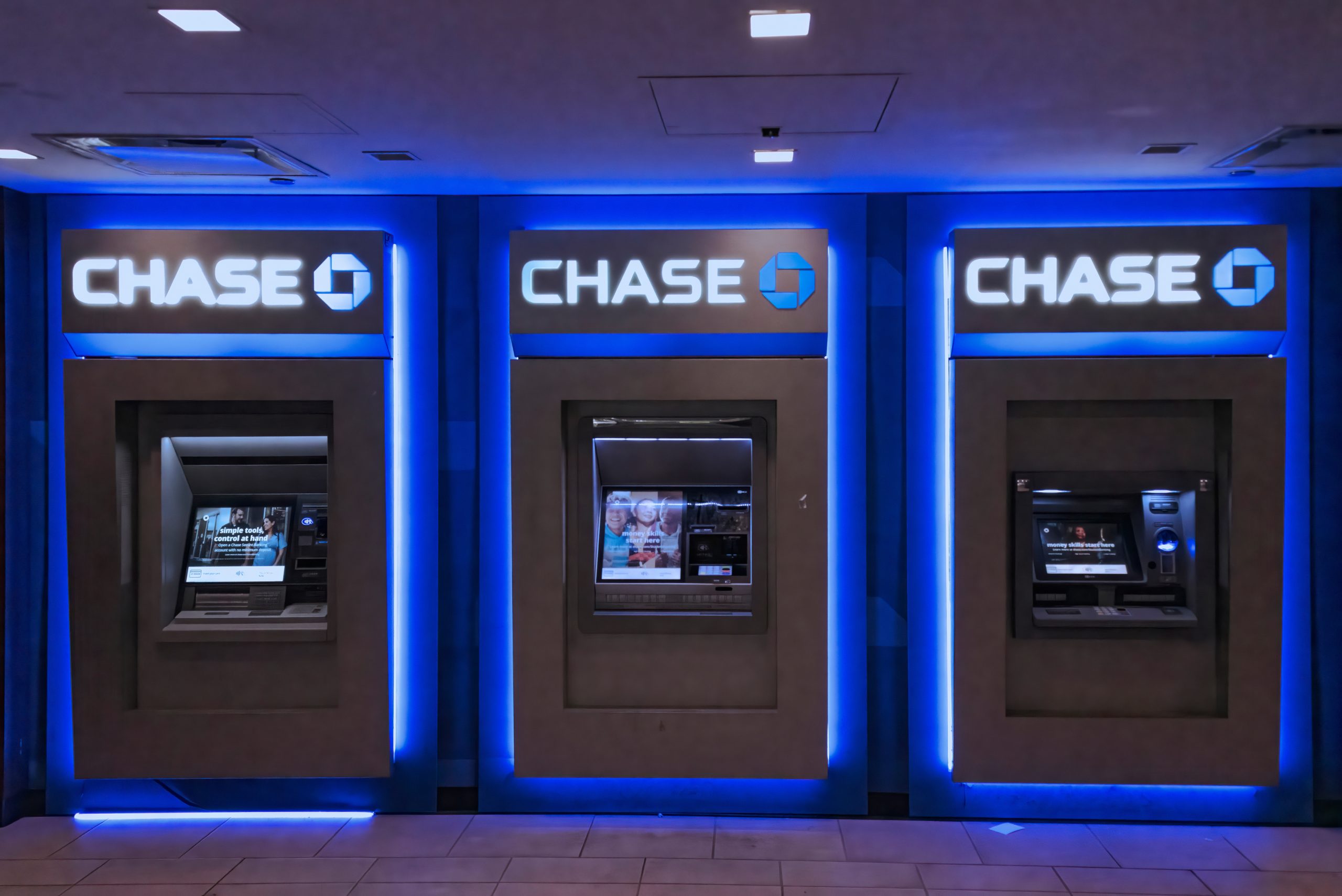Viral ‘Chase Bank Glitch’ Promised Easy Cash, Left Participants Deep in Debt and Facing Legal Consequences
A viral TikTok trend, dubbed the “Chase Bank Glitch,” lured many with the promise of quick and easy money, only to leave participants thousands of dollars in debt and facing potential legal trouble.
The trend involved exploiting a flaw in JPMorgan Chase’s ATMs, which allowed users to deposit checks without sufficient funds and immediately access the money listed on the check. While this might have seemed like a way to get “free money,” it was, in fact, a form of check fraud widely shared on TikTok as a “fun hack.”
Chase Bank confirmed that the glitch was real but was quickly addressed. “We are aware of this incident, and it has been addressed. Regardless of what you see online, depositing a fraudulent check and withdrawing the funds from your account is fraud, plain and simple,” a spokesperson for Chase told the New York Post.
Before the glitch was corrected, several TikTok users posted videos celebrating their newfound cash. In some clips, people were seen withdrawing money from ATMs and flaunting their gains, even throwing cash around outside a Chase Bank ATM in Yonkers. In another video, participants waved Chase cards out of car windows, holding stacks of cash while singing along to “A Thousand Miles” by Vanessa Carlton.
However, the celebration was short-lived. Once Chase fixed the glitch, the bank began reversing the fraudulent withdrawals, leading to significant overdrafts and frozen accounts for many users.
One individual shared a video showing almost $40,000 in deductions from his account after attempting the trend, while another revealed a negative balance of nearly $11,000. “Bro, what the f*** man. I know I shouldn’t have given in to this s*** man,” he lamented in the video. “This Chase glitch s*** man, don’t do this s***.”
Financial educator Jim Wang, speaking to the New York Post, cautioned that those who exploited the glitch could face severe repercussions, including “big holds” or substantial negative balances. “People who tried it could get into huge trouble for essentially committing check fraud,” he warned.
Austen Allred, CEO of the Bloom Institute of Technology, also commented on the trend, criticizing TikTok for promoting scams under the guise of “life hacks.” “It seems like for every type of fraud that exists there’s a TikTok influencer who just discovered it and thinks it’s foolproof,” he noted.










